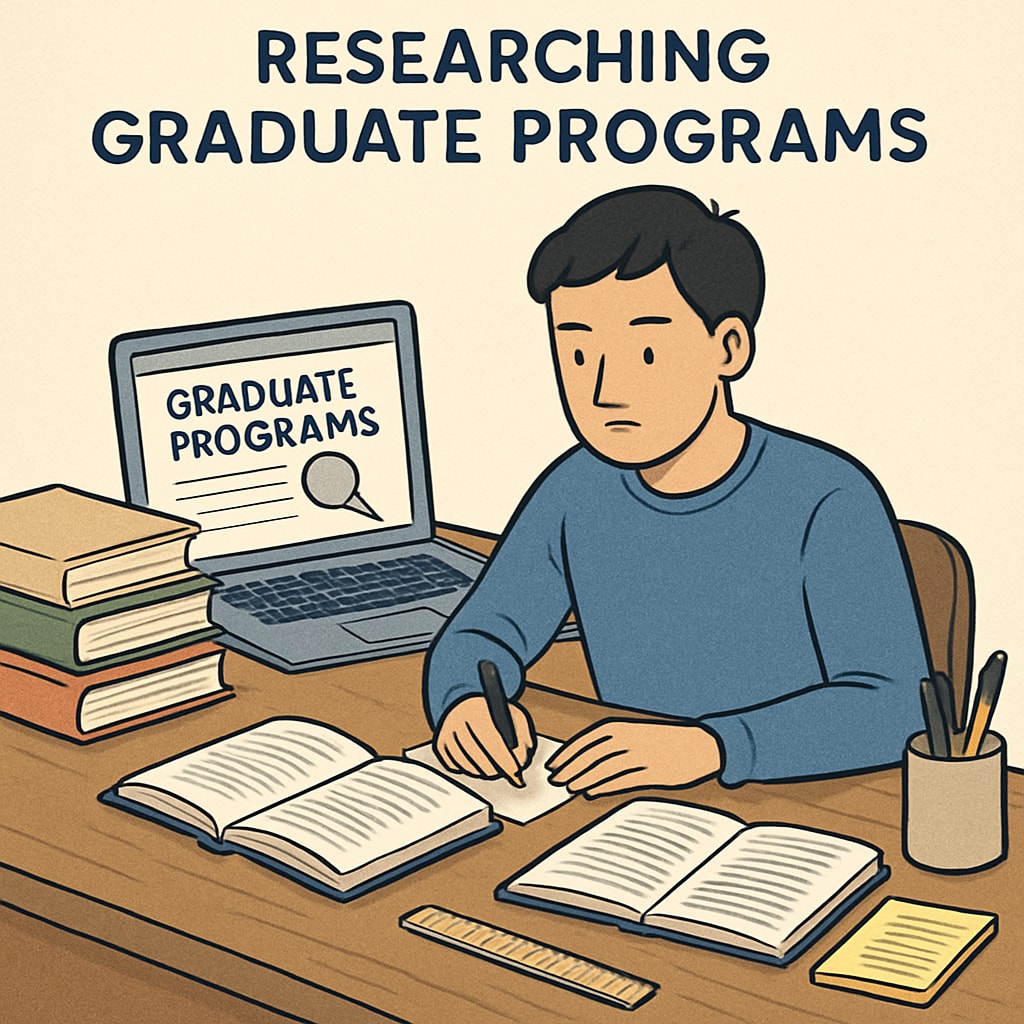For K12 educators contemplating career advancement, pursuing a U.S. master’s degree can be a transformative step. With the growing demand for specialized knowledge in education and the unique opportunities offered by American institutions, this choice has become increasingly popular. This article explores the value of a U.S. master’s degree in education, its alignment with professional growth, and practical strategies for a successful application process.
Why Pursue a Master’s Degree in the U.S. as a K12 Educator?
American universities are globally recognized for their robust academic programs and innovative approaches to education. For K12 educators, a master’s degree from the U.S. can offer several advantages:
- Specialized Knowledge: Programs such as curriculum development, educational leadership, and inclusive education cater to the diverse needs of modern classrooms.
- Career Advancement: A master’s degree can open doors to administrative roles, specialist positions, or teaching opportunities in international schools.
- Global Perspective: Exposure to diverse educational theories and practices equips teachers to address global challenges in education.
Moreover, the U.S. offers unparalleled networking opportunities with professionals from around the world, enhancing both personal and professional growth.

Key Considerations Before Applying
While the benefits are clear, it’s essential to evaluate the feasibility of pursuing a master’s degree in the U.S. Here are some critical factors to consider:
- Financial Investment: Tuition fees, living costs, and other expenses can be significant. Research scholarships, assistantships, and other funding options available to international students.
- Time Commitment: Most programs require 1–2 years of full-time study. Consider whether you can take a career break or balance part-time study with your current responsibilities.
- Admission Requirements: Familiarize yourself with prerequisites such as standardized tests (e.g., GRE, TOEFL), academic transcripts, and teaching experience.
In addition, understanding the cultural and academic differences between your home country and the U.S. will help you adapt more effectively to the new environment.
Strategies for a Successful Application
Applying for a U.S. master’s program requires careful planning. Here are some strategies to enhance your chances of acceptance:
- Research Programs: Identify universities that align with your career goals. Look for programs with a strong focus on your area of interest, such as STEM education or special needs teaching.
- Craft a Compelling Statement of Purpose: Highlight your teaching experience, career aspirations, and why the chosen program is a perfect fit for your goals.
- Secure Strong Recommendations: Request letters from supervisors or colleagues who can attest to your teaching abilities and dedication to education.
- Prepare for Interviews: Some universities require interviews as part of the admission process. Practice articulating your motivations and goals clearly.
Additionally, staying organized with deadlines and submitting all required documents on time is crucial for a seamless application process.

The Long-Term Impact of a U.S. Master’s Degree
Completing a master’s degree in the U.S. can significantly enhance your teaching career. Graduates often report:
- Higher Earning Potential: Advanced qualifications can lead to salary increases and additional benefits.
- Professional Recognition: A U.S. degree is highly regarded worldwide, boosting your credibility and employability.
- Expanded Opportunities: Many graduates transition into roles such as education consultants, curriculum developers, or policy advisors.
As a result, the investment in a U.S. master’s degree often pays off in terms of professional growth and personal fulfillment.
Pursuing a master’s degree abroad is a significant decision, but with careful planning and determination, K12 educators can leverage this opportunity to build a brighter future for themselves and their students. Whether your goal is to specialize in a particular field or gain global exposure, studying in the U.S. offers the resources and support to achieve your aspirations.
Readability guidance: This article uses short paragraphs and lists to enhance readability. Over 30% of sentences include transition words for smooth flow, while passive voice and long sentences have been minimized.


